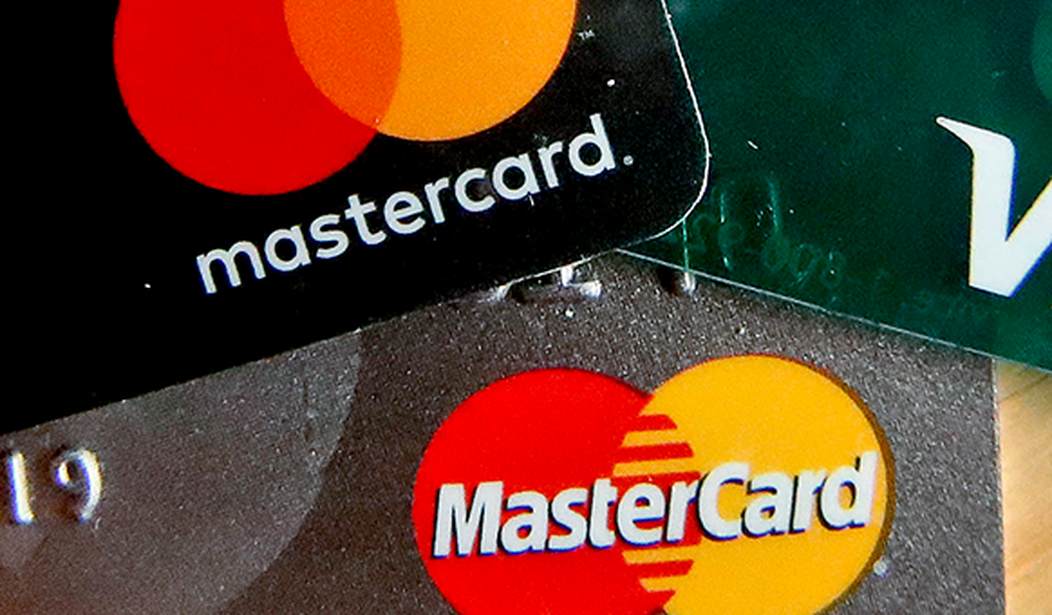The recent proposed settlement between Visa, Mastercard, and class action lawyers regarding swipe fees falls woefully short of addressing the systemic issues plaguing small businesses and consumers. Instead, it provides temporary relief and entrenches the cartel pricing imposed by the credit card giants.
The proposed settlement would reduce fees by less than 3.5% per year. That would only continue for five years before the credit card giants could hit businesses with big increases. That doesn’t scratch the surface of how swipe fees have ballooned over the past decade. The fees have tripled since 2010 and reached a staggering $172.05 billion in 2023 alone. Reductions in the proposed settlement won’t even turn back the clock to what swipe fees were in 2021.
Moreover, the terms of the settlement merely delay inevitable fee hikes for five years, allowing Visa and Mastercard to continue their practice of setting the banks’ prices and steadily increasing fees over time. This is not the transformative change that merchants desperately need.
Main Street businesses and their customers need a competitive market for credit card swipe fees. That way, the big credit card companies can’t continue to use the banks in a cartel-like structure to extract more and more money from peoples’ pockets. Only the Credit Card Competition Act (CCCA) would provide the competitive market that’s needed. The CCCA represents a long-term fix to the issue of rising swipe fees, introducing competitive market forces that would benefit both merchants and consumers. Under the proposed legislation, networks would have to earn the business they get just like every other business across the U.S. economy.
It's no coincidence that Visa and Mastercard are suddenly willing to reach a settlement now, as the CCCA gains traction in Congress. They understand that genuine reform would undercut their stranglehold on the market, force them to operate in a more competitive landscape, and cut into their record-high profits. By offering a token settlement, they hope to fool everyone into thinking something has changed while maintaining their market dominance.
Recommended
That is why the proposed settlement would actually stop the other lawsuits against the credit card companies in their tracks. Merchants who know they need real change have had their own lawsuits for many years, but if this settlement goes through not a single one of them will get to argue to a court that more changes are needed to deliver real competition. That’s not right and demonstrates why legislation is more needed than ever before.
The heart of the issue lies in the lack of competition and transparency within the credit card industry. Visa and Mastercard control a staggering 80 percent of the market, allowing them to dictate banks’ swipe fee prices and block competition from alternative networks. This anti-competitive behavior harms merchants and consumers, stifling innovation, harming card security, and driving up costs.
The CCCA, however, would shift how the credit card industry operates to the long-term benefit of small businesses and consumers. By enabling big banks to choose two networks on their credit cards and merchants to choose among those two networks to process each transaction on those cards, the CCCA would inject much-needed competition into the market. This competition would drive down fees, improve security, and ultimately benefit both merchants and consumers. It's a win-win solution that addresses the root cause of the problem, rather than entrenching those problems.
In the face of mounting pressure from Congress and public outcry, Visa and Mastercard are attempting to distract everyone with some razzle-dazzle. However, it's imperative that Congress sees through this facade and pushes for real, substantive reform. The proposed settlement is a temporary “fix” that fails to address the underlying issues of anti-competitive behavior and skyrocketing fees. The CCCA represents a real solution to the scourge of swipe fees that have plagued Main Street for far too long. It's time for Congress to act decisively and put an end to the era of anti-competitive profiteering in the credit card industry.
Michael Vallante provides consulting and strategic communications services for small businesses and non-profits around the country. From 2017-20, Vallante was the US Small Business Administration's Associate Administrator for the Office of Field Operations, overseeing the 68 district offices around the country and the management of SBA's capital, contracting, and counseling programs serving small businesses.

























Join the conversation as a VIP Member